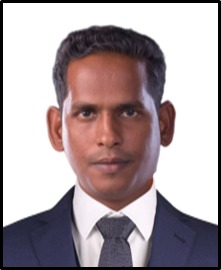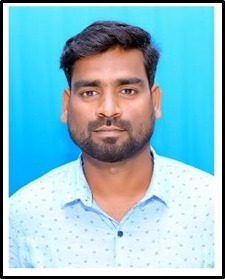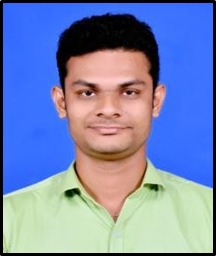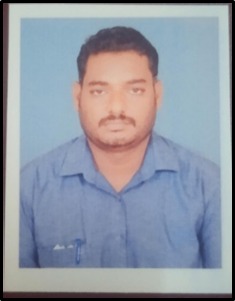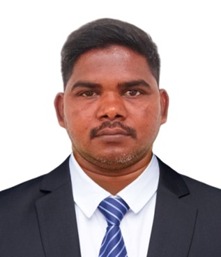MECHANICAL ENGINEERING
The Mechanical Engineering Department was established in the academic year 2014-2015. Currently the department offers one under graduate program, B.TECH in Mechanical Engineering, with an intake of 60.
Majority of the faculty are having varied experience of industrial, teaching and research which help to serve the students in exposing them to industrial and research environment.
The department organizes various student level technical events regularly which include workshops, guest lectures, industrial visits and technical seminars to expose the student’s inherent talent and skills.
The department also organizes events like Faculty Development Programs (FDP), conferences and workshops to expose the faculty to latest technologies.
DEPARTMENT VISION
To be renowned for technical excellence and creativity in meeting industry needs.
DEPARTMENT MISSION
- Prepare competent engineers through quality education.
- Innovate teaching methods for enhanced learning outcomes.
- Meet industry demands with practical knowledge and skills.
- Conduct impactful research and promote entrepreneurship.
- Ensure holistic development and analytical skills among students.
B.TECH – MECHANICAL ENGINEERING
The Department is Offering an Undergraduate degree program in Mechanical Engineering, It is a Four year degree program.
Curriculum Focus:
| Mathematics | Thermal Engineering |
| Engineering Chemistry | Machining Processes |
| Biology for Engineers | Fluid Mechanics and Machinery |
| Engineering Mechanics | Design of Machine Elements |
| Basic Electrical and Electronics Engineering | Heat and Mass Transfer |
| Engineering Physics | Metrology and Mechanical Measurements |
| Communicative English | Mechatronics, Robotics & Control |
| Mechanics of Solids | Product Innovation & Entrepreneurship |
| Manufacturing Processes | Design of Transmission System |
| Metallurgy & Material Science | Production & Operation Management |
| Applied Thermodynamics | Manufacturing Automation |
| Environmental Science | Computer Aided Design & Analysis |
| Probability, Statistics & Numerical Methods | Industrial Psychology |
| Kinematics and Dynamics of Machinery |
Career Pathways:
| Mechanical Engineer | Hydraulics Engineer |
| Design Engineer | Aerospace engineer |
| Maintenance Engineer | CAD Technician |
| Manufacturing Engineer | Civil Engineer |
| Production Manager | Government |
| Automotive engineer | Instrumentation and control engineering |
ELIGIBILITY
Candidates should have passed the +2 (H.Sc.) (Academic) examination conducted by the Board of Higher Secondary Examination of Tamil Nadu, or any other equivalent examination thereto, with a minimum of 45% marks (40% marks for OBC / BCM / MBC / EBC / BT / SC / ST – candidates) in aggregate, in the prescribed subjects, namely, Mathematics, Physics and any one of the following optional subjects : Chemistry / Bio-Technology / Computer Science / Information Technology / Informatics Practices/ Technical Vocational Subject / Agriculture / Engineering Graphics / Business Studies/ Biology / (Botany & Zoology).
OR
Passed min. 3 years Diploma examination with at least
45% marks (40% marks in case of candidates belonging to reserved category) subject to vacancies in the First Year, in case the vacancies at lateral entry are exhausted.
(The Universities will offer suitable bridge courses such as Mathematics, Physics, Engineering drawing, etc., for the students coming from diverse backgrounds to achieve desired learning outcomes of the programme).
PROGRAM EDUCATIONAL OBJECTIVES (PEO)
- Technical Excellence: Achieve excellence in mechanical engineering principles and practices.
- Career Readiness: Prepare graduates for successful careers in industry and academia.
- Ethical Leadership: Demonstrate ethical practices and leadership skills in professional activities.
- Lifelong Learning: Engage in lifelong learning to stay updated with technological advancements.
PROGRAM OUTCOMES
PO1 – ENGINEERING KNOWLEDGE:
Apply the knowledge of mathematics, science, engineering fundamentals, and an engineering specialization to solve complex problems in mechanical engineering.
PO2 – PROBLEM ANALYSIS:
Identify, formulate, review research literature, and analyze complex mechanical engineering problems to reach substantiated conclusions using first principles of mathematics, natural sciences, and engineering sciences.
PO3 – DESIGN/DEVELOPMENT OF SOLUTIONS:
Design solutions for complex mechanical engineering problems and design system components or processes to meet specified needs with appropriate consideration for public health and safety, and cultural, societal, and environmental considerations.
PO4 – CONDUCT INVESTIGATIONS OF COMPLEX PROBLEMS:
Use research-based knowledge and methods, including the design of experiments, analysis and interpretation of data, and synthesis of information to provide valid conclusions in mechanical engineering.
PO5 – MODERN TOOL USAGE:
Create, select, and apply appropriate techniques, resources, and modern engineering and IT tools, including prediction and modeling, to complex engineering activities in mechanical engineering with an understanding of the limitations.
PO6 – THE ENGINEER AND SOCIETY:
Apply reasoning informed by contextual knowledge to assess societal, health, safety, legal, and cultural issues and the consequent responsibilities relevant to the professional engineering practice in mechanical engineering.
PO7 – ENVIRONMENT AND SUSTAINABILITY:
Understand the impact of professional engineering solutions in societal and environmental contexts and demonstrate knowledge of, and need for, sustainable development in mechanical engineering.
PO8 – ETHICS:
Apply ethical principles and commit to professional ethics and responsibilities and norms of the engineering practice in mechanical engineering.
PO9 – INDIVIDUAL AND TEAM WORK:
Function effectively as an individual and as a member or leader in diverse teams and in multidisciplinary settings in mechanical engineering.
PO10 – COMMUNICATION:
Communicate effectively on complex engineering activities with the engineering community and with society at large, including the ability to comprehend and write effective reports and design documentation, make effective presentations, and give and receive clear instructions.
PO11 – PROJECT MANAGEMENT AND FINANCE:
Demonstrate knowledge and understanding of engineering and management principles and apply these to one’s own work, as a member and leader in a team, to manage projects and in multidisciplinary environments in mechanical engineering.
PO12 – LIFE-LONG LEARNING:
Recognize the need for, and have the preparation and ability to engage in, independent and life-long learning in the broadest context of technological change in mechanical engineering.
PROGRAM SPECIFIC OUTCOMES (PSO):
- System Design: Design and develop mechanical systems and processes.
- Sustainability: Develop sustainable solutions in manufacturing and thermal engineering.
- Research and Innovation: Conduct research and innovate in mechanical engineering.
Course Outcomes (COs)
FACULTY DETAILS

Mr. A. S. Vijayananthan
HOD/MECH.

Mr. V. Athisakthidhasan
Assistant Professor/Mech
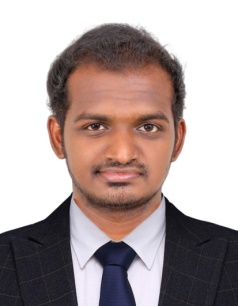
Mr. S. Jayaraja Rakesh
Assistant Professor/Mech
Events
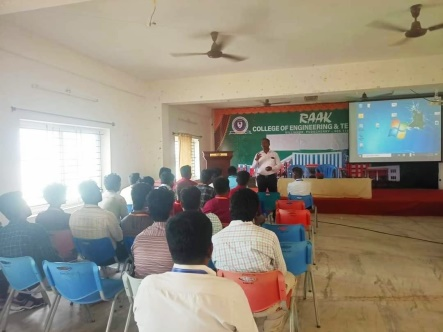
Orientation Program
Date: 15.9.23
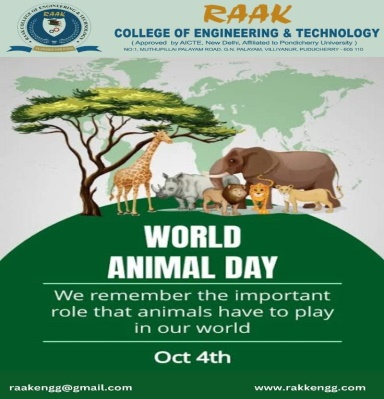
World Animal Day Poster
Date: 04.10.23
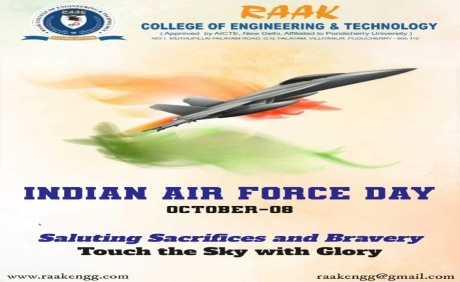
Air Force Day Poster
Date: 08.10.23

Online webinar on Business Intelligence in Manufacturing
Date: 11.10.23
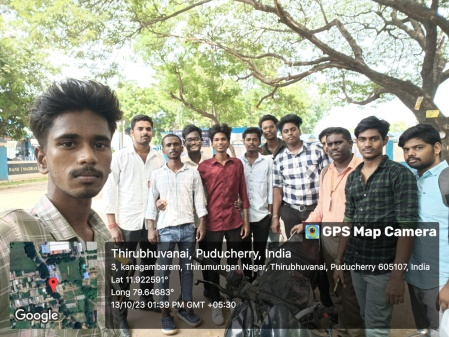
Off campus drive at Rane Madras Pvt,Ltd.,
Date: 13.10.23
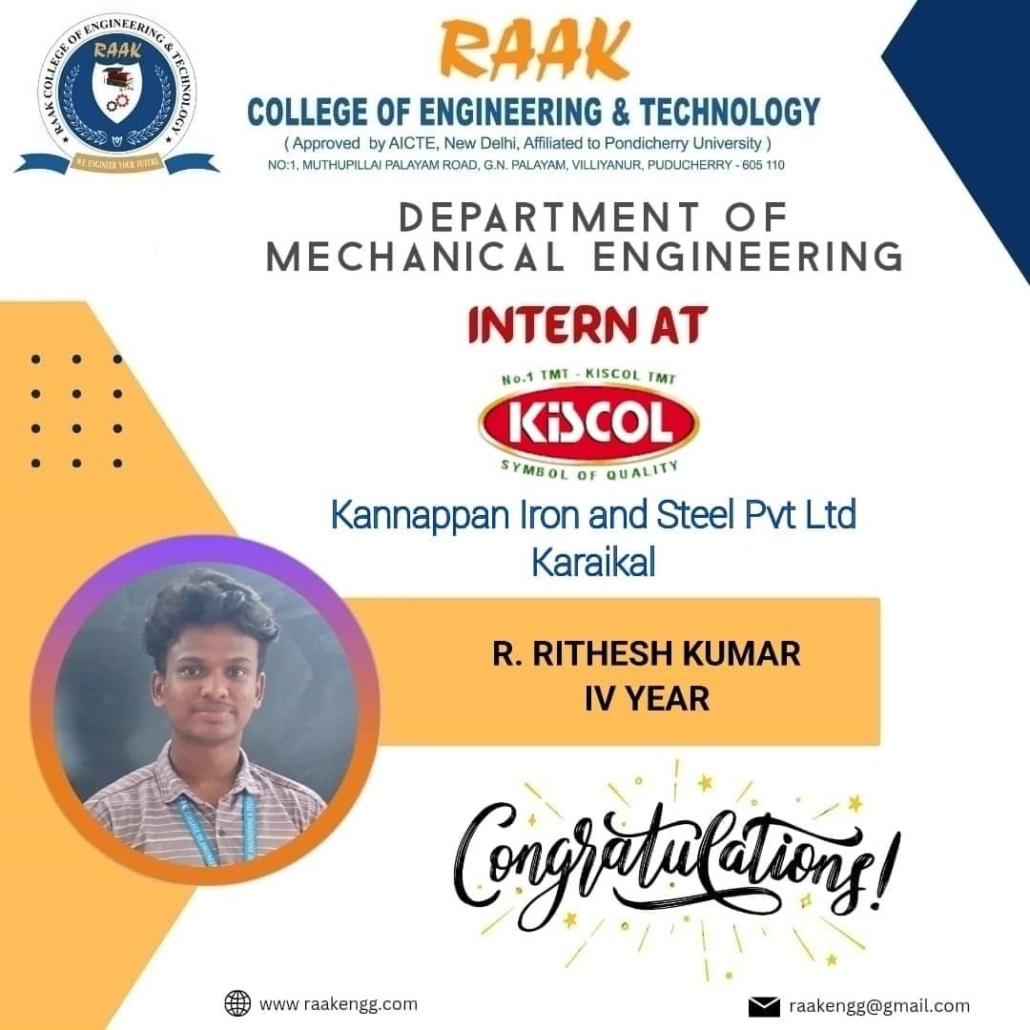
Mr. R. Ritheesh Kumar, IV Yr, has completed an Internship at Kanappan Iron and Steel Company Pvt.Ltd.
Karaikkal.
Date: 20.10.23
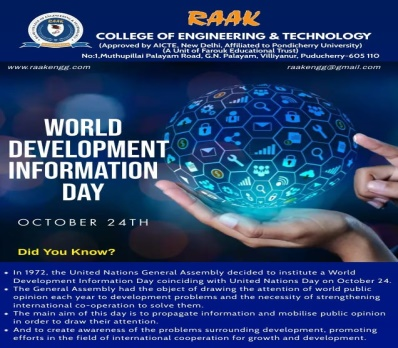
World Development Information Day Poster
Date: 24.10.23
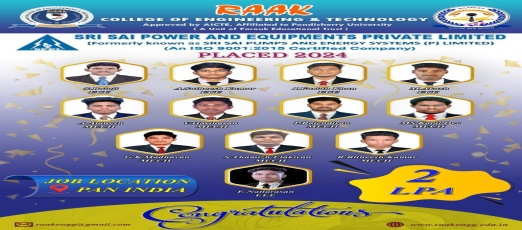
Students selected through campus interview by Sri Sai Power and Equipment’s Pvt Ltd., Chennai.
Date: 01.12.23

 UNIVISER
UNIVISER


